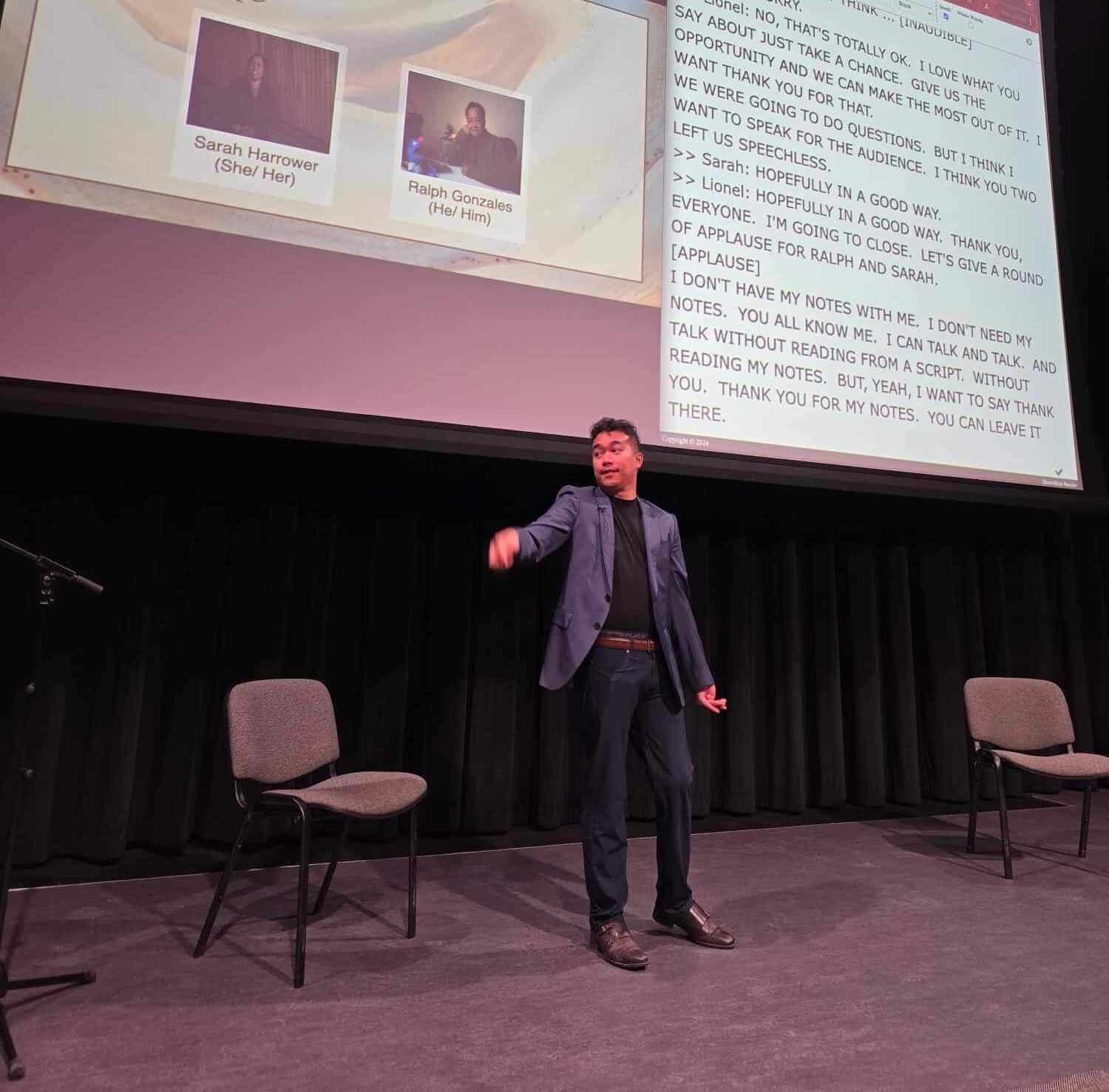
By Meghan Power
Lionel was first introduced to photography in late 2016, when he was modelling for some of his photographer friends. Now as a more established photographer and artist, Migrino feels strongly about using his privilege to advocate for more representation of disabled people in arts communities and in different forms of media. “If we are told over and over that we are worthless—we start to believe it. I want my community to feel empowered and believe in themselves. There is that famous line from Spiderman, ‘with great power comes great responsibility’, that is how I feel about being given a platform through my photography.”
“Why do non-disabled people get to define my identity and so much of the world that I, as a disabled person, experience? Why can’t we, as disabled people, define ourselves, our disabilities, our abilities, our skill, and our experiences?” In 2024, Lionel Migrino applied for and received funding through Calgary Arts Development’s (CADA) ArtShare program for his photography exhibit, Portraits of Disability. Lionel believes his portraits, in this exhibit, help to humanize disabilities and illustrate how disabled individuals are forced to navigate a world not designed with them in mind.
Lionel was impressed with how supportive the CADA team was at every step of the application process. “They spent extra time showing me what a proposal looked like and how to write one. From beginning to end they supported me. It really shows how much they care for the artist.” Lionel also found that having the added security of financial support alleviated many of the external pressures that can sometimes slow down the process of creating and getting the work done.
As an advocate and activist, making sure his exhibit was accessible for all was top priority. “I cannot emphasise enough the importance of making sure that spaces where public art and community events are being held are more accessible for every audience member that attends, especially those with disabilities.” Lionel had to go above and beyond to find ways to make sure his exhibit and event were as accessible as possible. “Creating accessibility costs money. We need more organizations who are committed to making sure that the costs of accessibility are less of a burden on disabled community members and artists themselves. It should be standard and not only available to those who can pay for it.”
“Being disabled is a part of my identity. My hope is for society to see what the lives of disabled people are truly like—to hopefully shift society’s perspective of what our lived experiences are and shift the perspective of what society tries to say we can and cannot do. We are often seen as limited in what we can do. I believe we are limitless in what we can offer.”